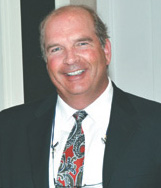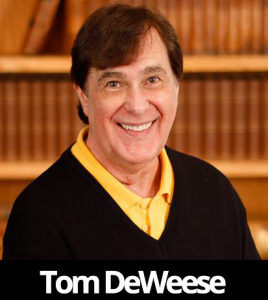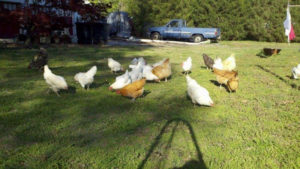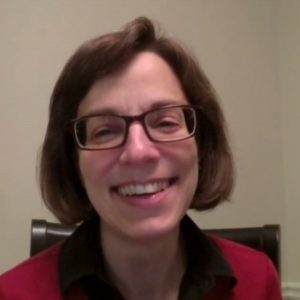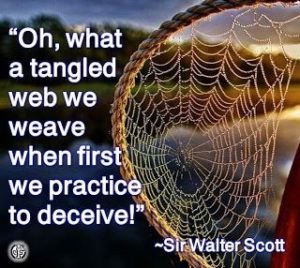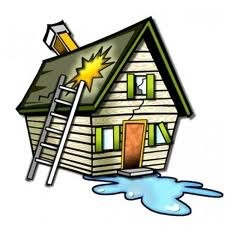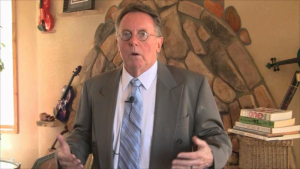I have been scratching my head, trying to understand the thinking behind homeowner and condo associations. It was a big mystery 36 years ago when I first encountered these confounding things. It is still a huge mystery. Condo associations are a different breed of animal but I still fail to understand the need for all the gibberish that seems to be part and parcel of this ancient and once simple and uncomplicated housing concept. After almost 30 years of studying residential associations and trying to understand them, I am still scratching my head. What would happen if we removed that 4th layer of government and taxing power? Would the world collapse? Perhaps local municipal governments would have to become better stewards of public funds instead of thinking money grows on trees? Now that would be a tragedy, wouldn’t it? Or would we become a nation of red doors, cars on blocks and toilets adorning front yards? Does anyone really believe that? We are told that this form of governance brings us “democracy, up close and personal”. Still trying to understand that one. All the pretty speak surrounding this type of homeownership assures housing consumers they will have far greater influence over the way their communities work. I say hogwash!
Tom LePage joins us On The Commons this week. Tom is a property manager north of the border, in Ontario, Canada. With over 30 years of experience in the field of property management he branched out into consulting and says he has a passion for well managed condominiums. Tom has been following all the nonsense that goes on here, south of his border and is, no doubt, scratching his head as well. He is the founder of Condo-Ology and maintains a blog that can be accessed from his web page. Property managers here, there and everywhere are a dime a dozen but one thing that makes Tom different is his firm belief in TRANSPARENCY. That word is one of the first words you will find on his website. Join us for a fun interview as we compare and contrast typical association issues, talk about potential “fixes”, discuss some that have been tried in the US and start to explore more ideas. Tom has a lot of ideas that deserve to be heard so listen to part one now as I hope he will be back sometime soon with more of his ideas.

